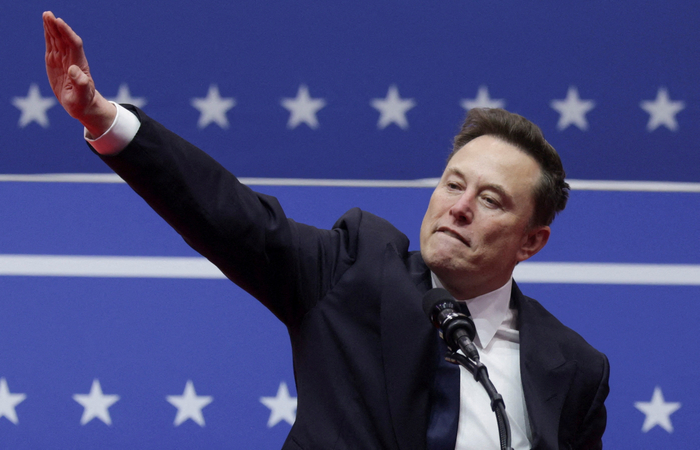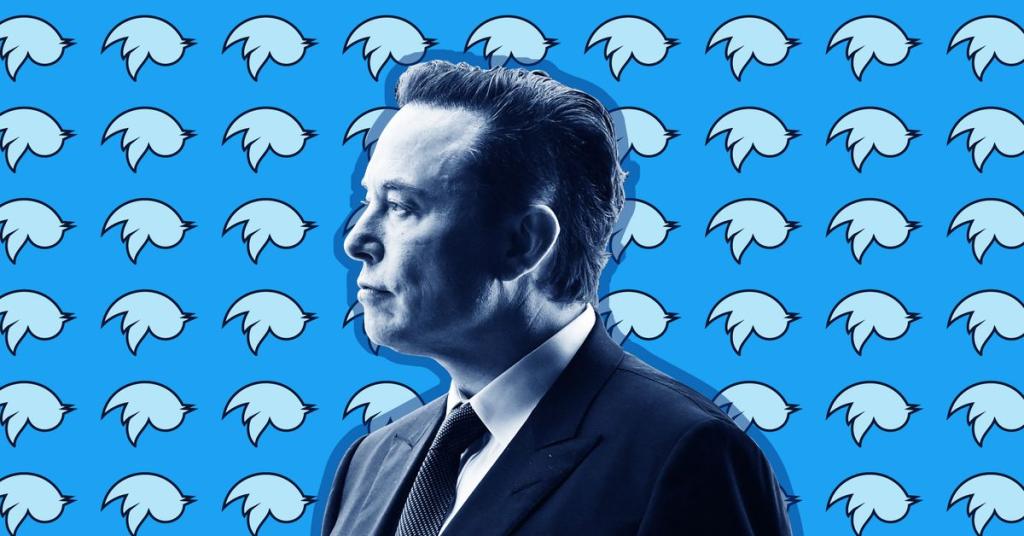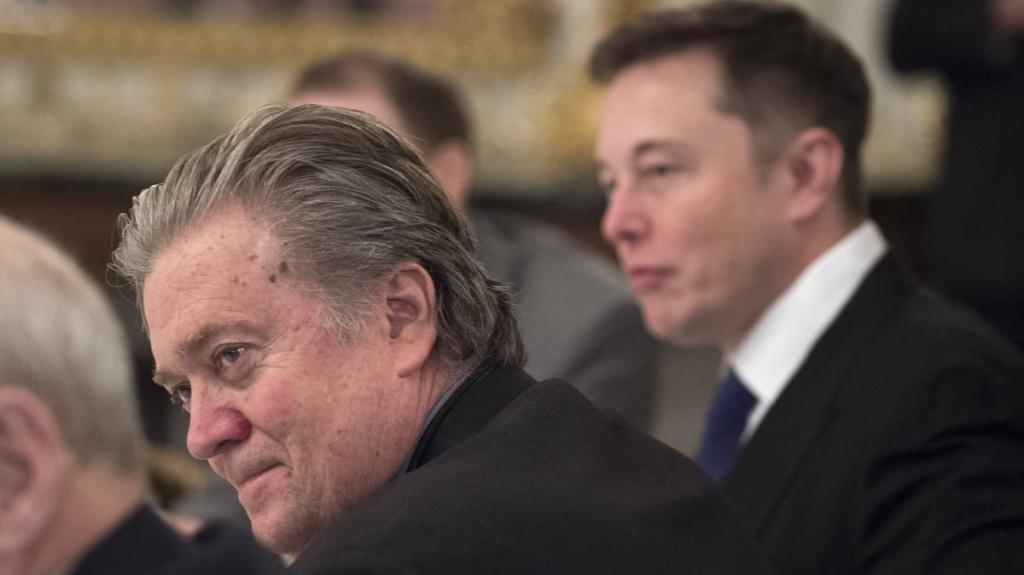Elon Musk as Speaker of the House: A Bold Political Shift
Discover how Elon Musk's potential nomination as Speaker of the House could reshape American politics and challenge traditional leadership norms.

Key Points
- Elon Musk
's suggestion as Speaker of the House reflects a growing trend of outsider influence in American politics.
- The U.S. Constitution
permits non-Congress members to be elected as Speaker, potentially paving the way for radical changes in governance.
- Musk's involvement in halting a bipartisan spending bill showcases his significant political sway and resonates with many conservative voters frustrated by government inefficiency.
In the ever-evolving landscape of American politics, few developments have garnered as much attention recently as the suggestion by Republican lawmakers to nominate Elon Musk as Speaker of the House. Amid fierce negotiations over a funding bill, which has faced significant opposition, prominent figures like Senator Rand Paul and Representative Marjorie Taylor Greene have publicly floated Musk's name. This audacious proposition raises questions about political influence, outsider status, and the future of governance in the U.S.
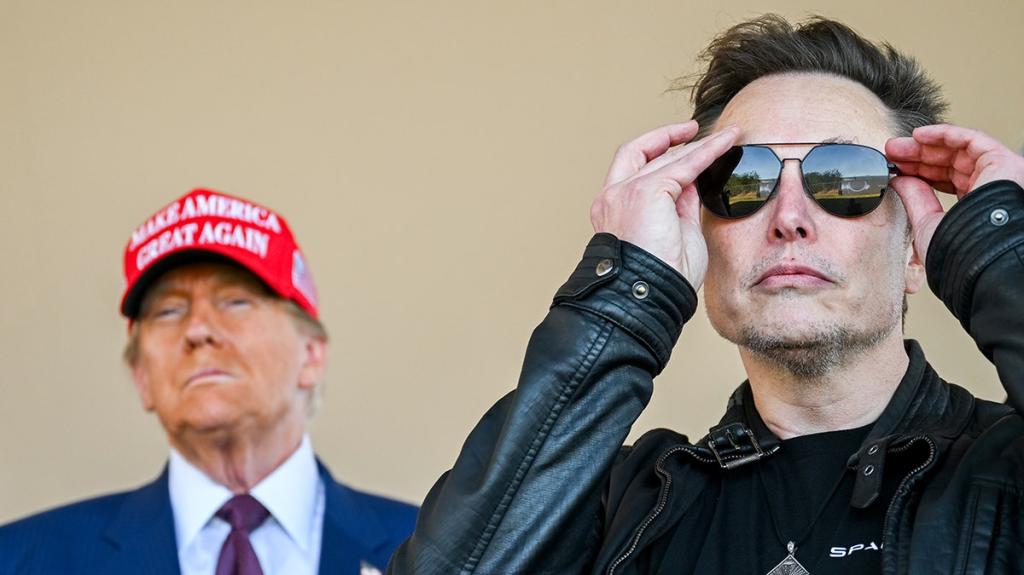
The push for Musk has intensified following his notable involvement in halting a bipartisan spending deal that many believed was essential to avoid a government shutdown. Musk took to his social media platform, X, where he urged Republicans to oppose the proposed bill, calling it an "outrageous" spending plan. His influence on the negotiations played a pivotal role, and his strong public persona has led some to speculate that putting him in a position of power could shake up the established political structure.
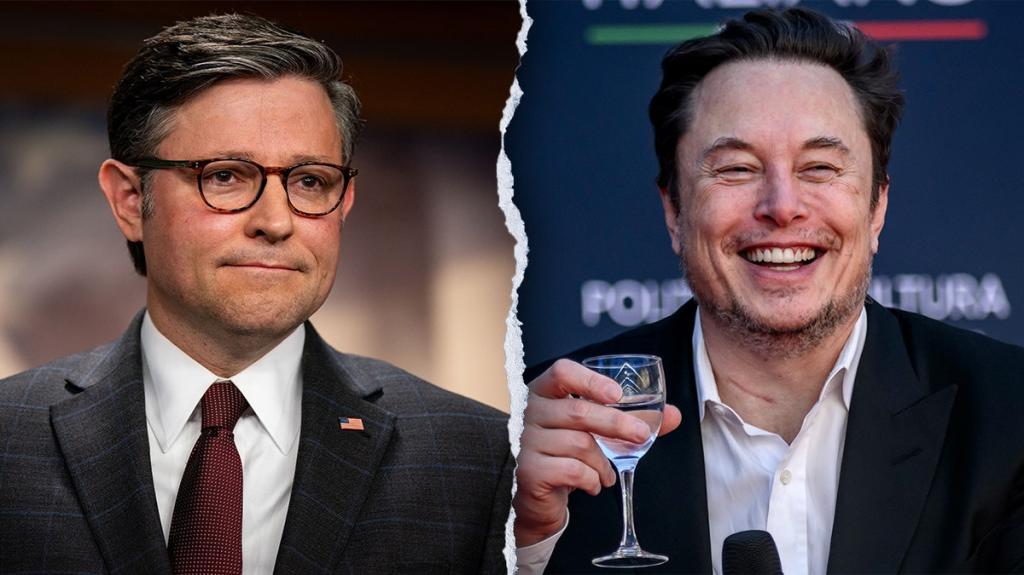
The Constitutional Role of the House Speaker
According to the U.S. Constitution, there are remarkably few requirements for becoming the Speaker of the House. The position does not necessitate that the individual be a current member of Congress. This fact has opened the door for discussions about unorthodox candidates like Musk, a billionaire and CEO of multiple groundbreaking companies, including Tesla and
. This could potentially lead to significant changes in how the House operates, as well as how it interacts with the executive branch.
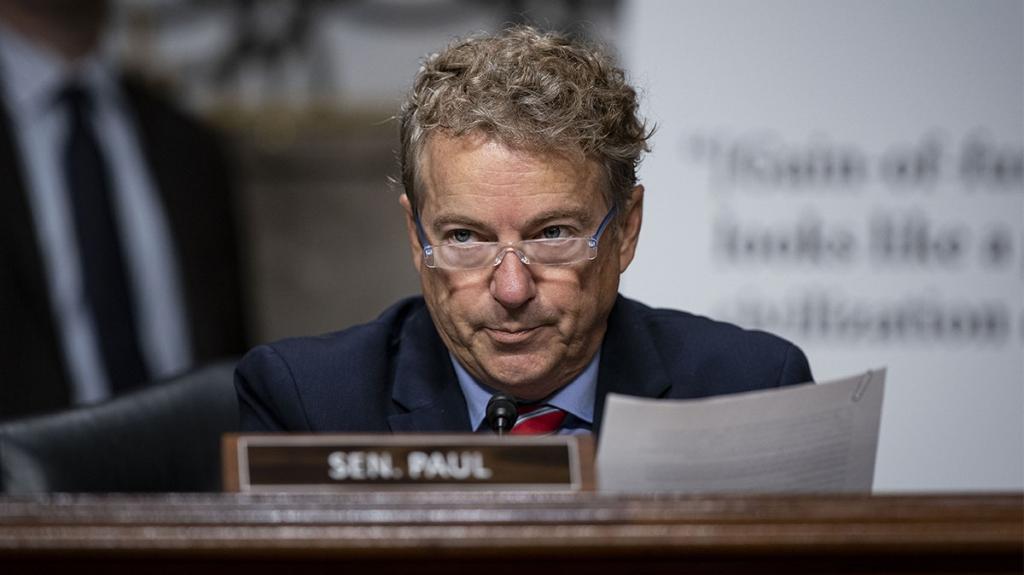
Despite the chaos and uncertainty, Musk's ascension in political discourse reflects a broader trend of outsider influence. The recent proposal has sparked conversations about the role of big money in politics, especially considering Musk's significant financial contributions—over $239 million supporting
’s electoral bid. His close relationship with Trump further underscores the intertwined nature of business, politics, and governance.
Reactions from Lawmakers and the Public
The reception of Musk’s potential candidacy has been mixed. While some Republican lawmakers, including Greene and Paul, are enthusiastic about the prospect, Democrats have raised concerns about the implications of electing an unelected billionaire as a legislative leader. Representative
pointedly questioned whom the Democratic leadership would negotiate with if Musk were named speaker, demonstrating the confusion surrounding leadership dynamics that could ensue.
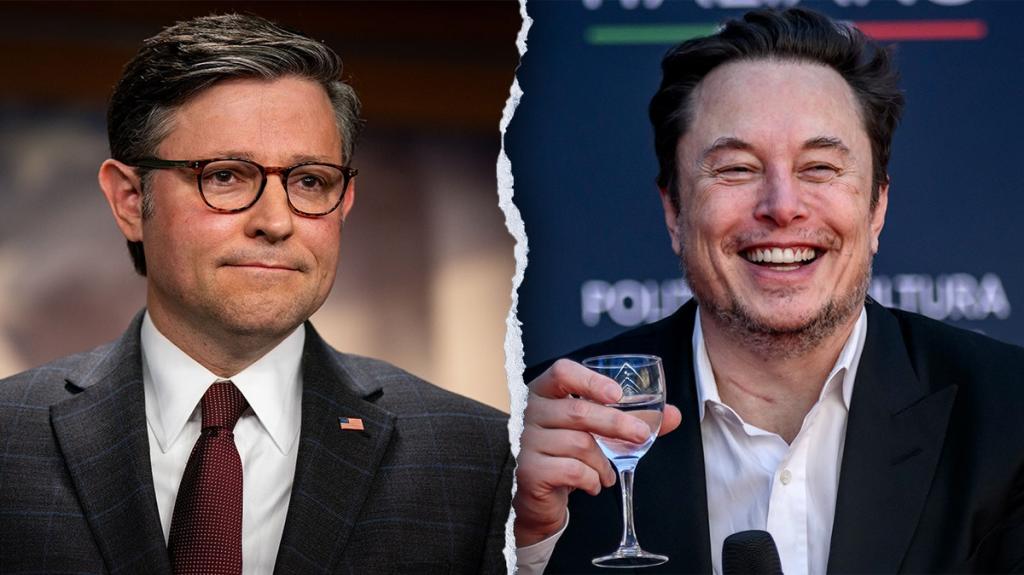
Musk’s public persona as an unapologetic critic of government inefficiency resonates with a considerable base of conservatives. He frequently articulates the frustrations many Americans feel regarding government overspending and inefficiency, a sentiment that could bolster support from constituents disenchanted with traditional political figures.
The Implications of Musk's Potential Speakership
If elected, Musk would face the considerable responsibility of navigating a divided Congress—collaborating with both the House and Senate to push through legislation, while managing the expectations of his supporters who seek dramatic changes in government efficiency. However, one defining aspect of his candidacy lies in the reality that he would not be eligible to be president due to constitutional restrictions on natural-born citizenship, limiting his potential influence in the broader executive landscape.

The debate surrounding Elon Musk as Speaker of the House encapsulates the complexities of modern governance. It challenges the traditional pathways to political power while highlighting the influence of wealth and popularity in shaping leadership. As the House gears up for a vote on its next speaker, the discussions sparked by Musk’s name illustrate the shifting priorities and ideologies within the
.

As political tensions rise and the landscape continues to shift, the overarching question remains: Is America ready for a Speaker of the House who is more CEO than politician? The implications of such a shift could be monumental, not just for the Republican Party, but for the way Americans view leadership and governance in the future.
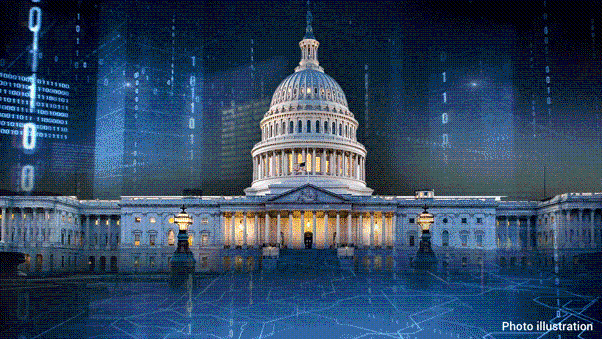
As conversations around this captivating topic evolve, one thing is clear: the intersection of technology, economics, and politics is increasingly defining the future trajectory of governance in the United States.
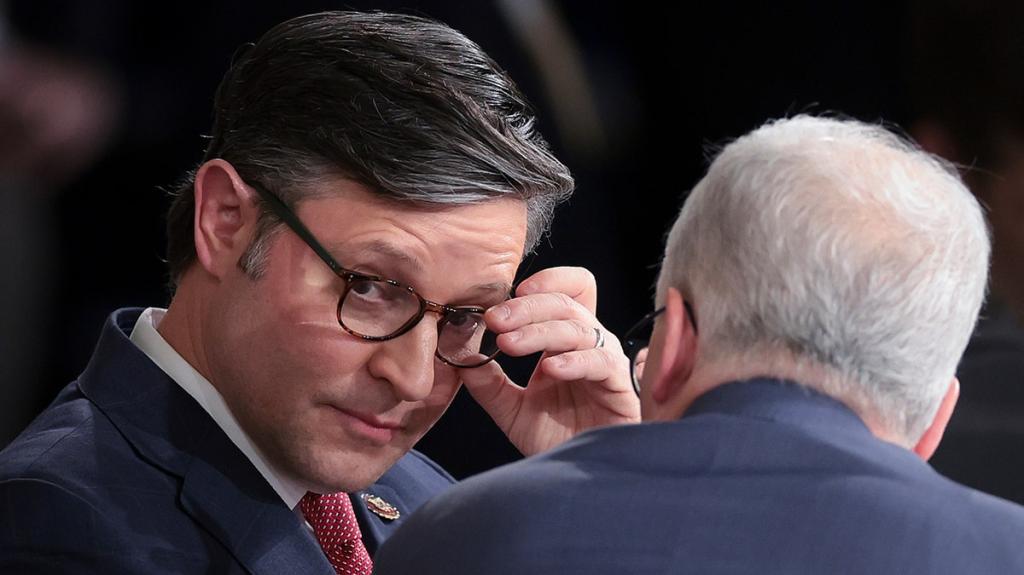
This entire saga serves as a testament to the dynamic nature of American politics, where traditional boundaries are continuously being tested and redefined, paving the way for discussions that influence not just political strategy but also public discourse.

